Most of the cashew nut production comes from countries like Vietnam or India. However, the largest producer of cashew nuts in the world is the African state of Nigeria.
Guys from infinuty tried cashews from different countries, but in the end we decided on the African ones. However, not from Nigeria, but from Tanzania and Togo. The reason for this decision was clearly the quality, which far exceeded especially those cashew nuts originating in Vietnam or India. Another reason he weighed in favor of these two African states was that we also produce various types of cashew spreads from our cashew nuts. This is where the quality of nuts is very important, because we need to achieve a creamy consistency without the addition of any fats or additives.
No added sugar, salt or palm oil. Gluten-free. Suitable for vegetarians and vegans.
Store in a dark and dry place.
Nutritional data per 100 g:
Energy 2 435 kJ / 582 kcal
Fats 43 g
of which saturated fatty acids 9 g
of which monounsaturated fatty acids 26 g
of which polyunsaturated fatty acids 8 g
Saccharides 30 g
of which sugars 6 g
Fibrous fiber 3 g
Protein 18 g
Salt 0 g
Did you know?
Cashew nuts are one of the few to grow out of their shells. Basically, you could say that they are seeds rather than nuts. This shell is called a “cashew apple” (although it looks more like a pear) and a cashew nut grows out of its lower half. Only one nut will always grow from one fruit. Another shell is also on the nut itself and it must be removed as it is poisonous. – Although some cashews are sold under the RAW brand, in fact no cashews for sale are completely raw. Precisely because of their skin, they must be treated with hot steam before the sale itself. This will ensure the removal of the peel and the cashew nut becomes edible. – More than 90% of the world’s cashew nut production is consumed in the United States. – Cashew nut shells are often used in lubricants and waterproof products.
| Volume | 150 g, 250 g |
|---|
Only logged in customers who have purchased this product may leave a review.

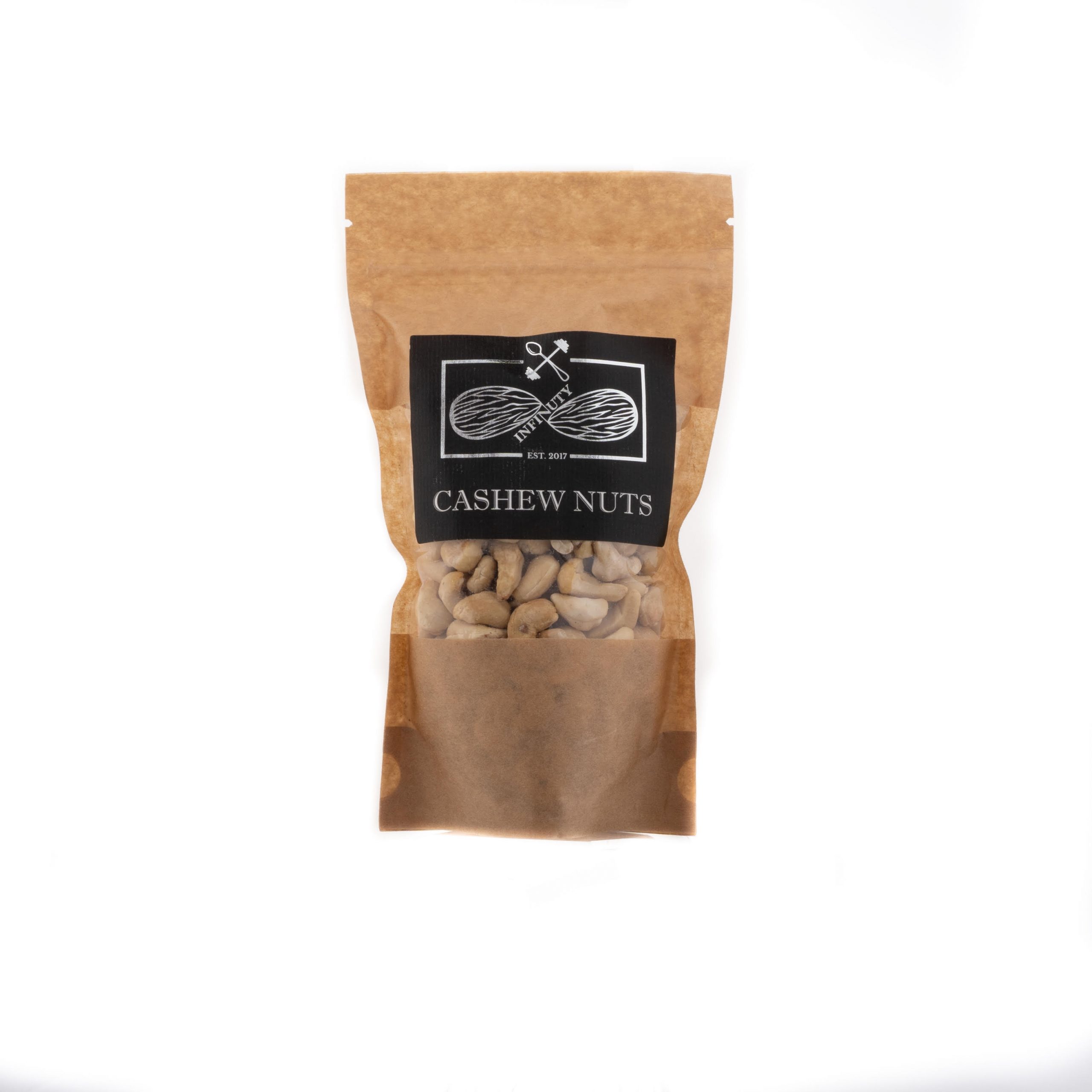
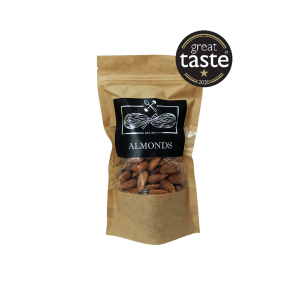
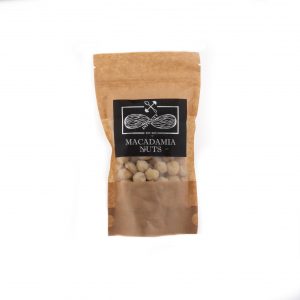
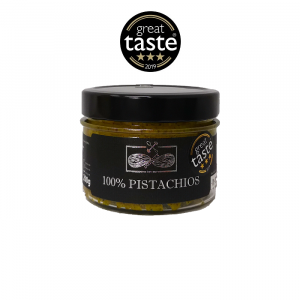
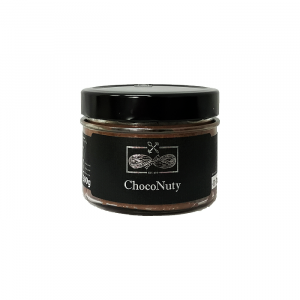
Reviews
There are no reviews yet.